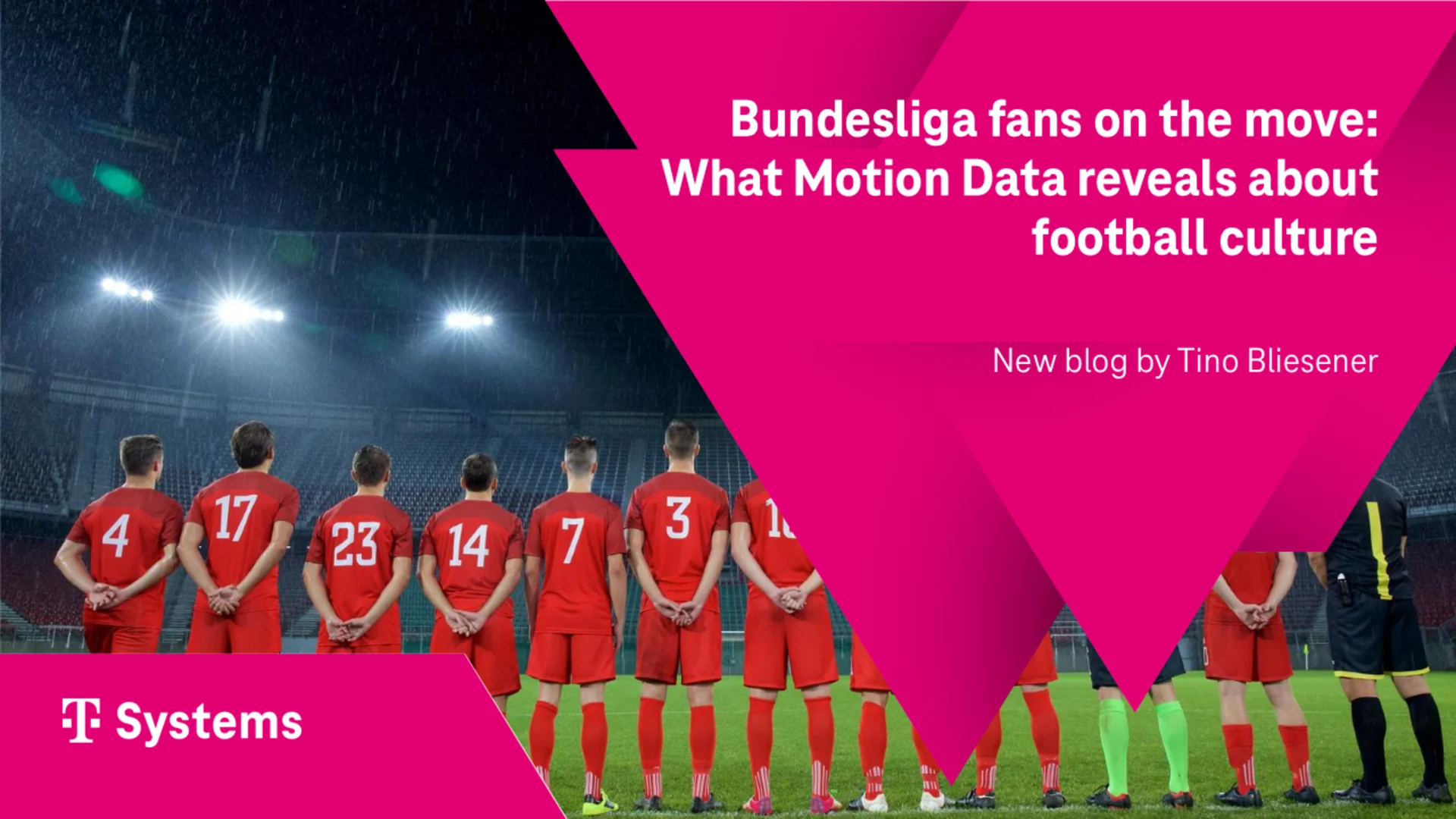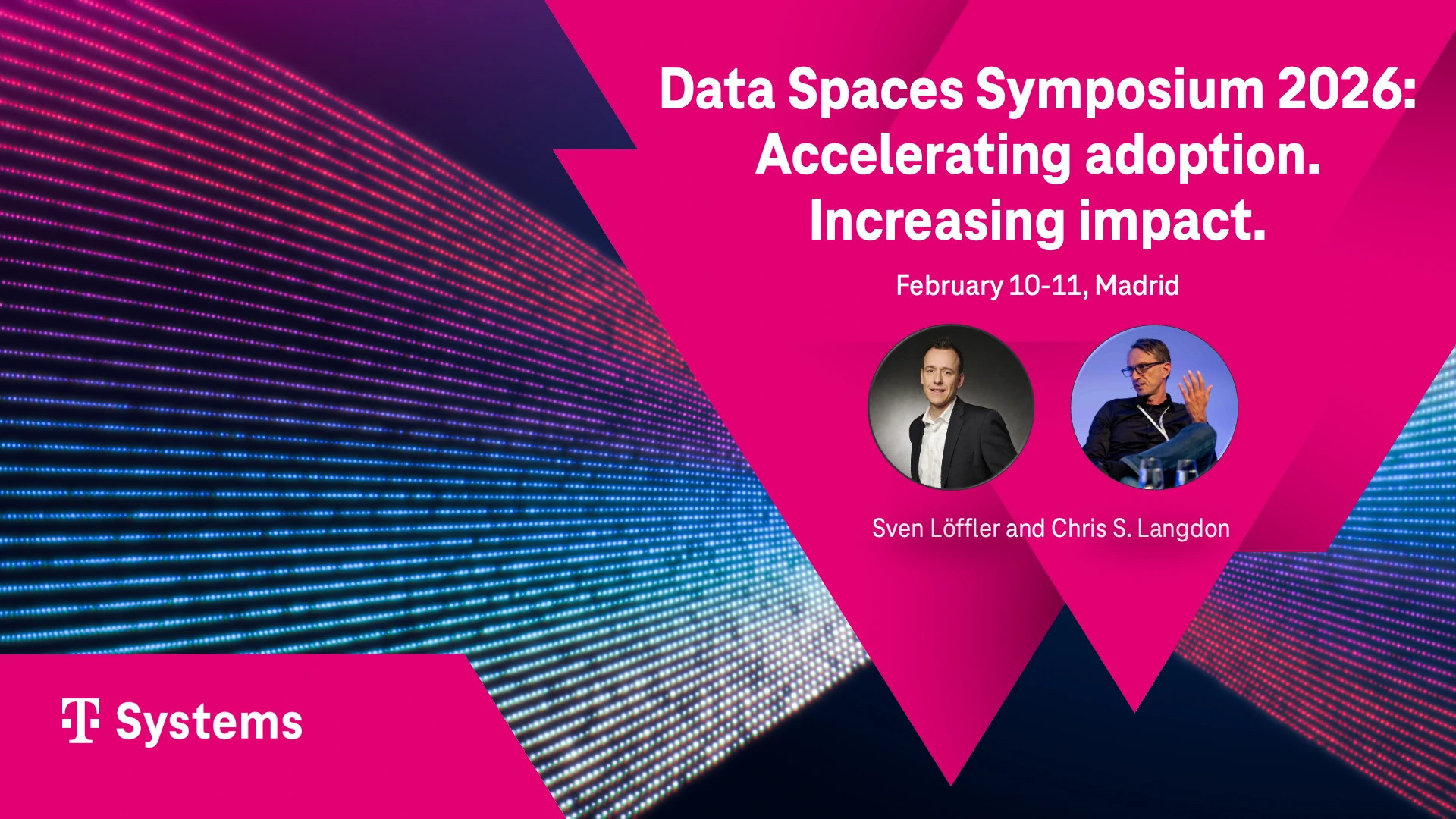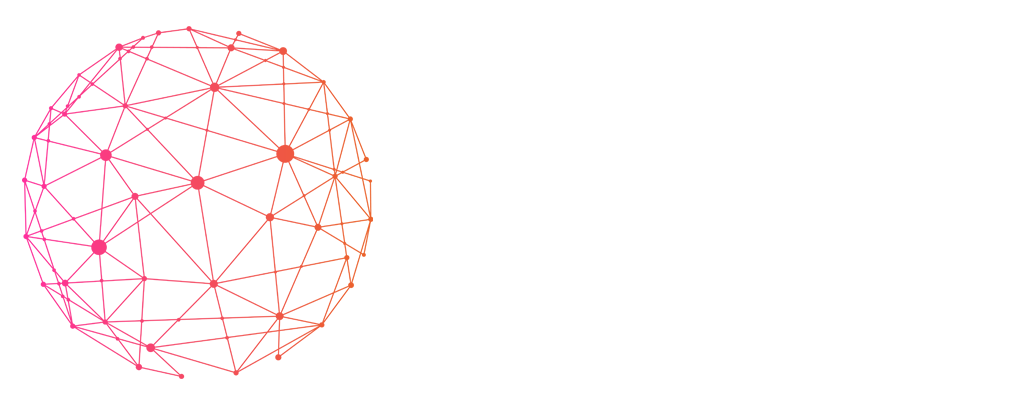Mapping - Logic
Glossary Page
Mapping, also known as matching, involves aligning the semantics and attributes of capabilities with skills. This is done by comparing the requirements of the product or customer (i.e., capabilities) with the capabilities of the machine or service provider (i.e., skills). Mapping can be done at different levels of detail, and the result is a list of modules that either fit or do not fit. This list can then be further filtered and prioritized based on additional criteria, such as which modules fit best, are most cost-efficient, or offer the best quality.
Catena-X Automotive Network e.V.
Latest Webinars
Latest Articles

Our Content Management System (CMS) became an attack target
When our CMS became the target of a large-scale DDoS attack, it triggered a real-world stress test of our cloud infrastructure. From saturated load balancers and 100% CPU utilization to emergency mitigation measures, this incident challenged our resilience. By rapidly implementing AWS CloudFront, AWS WAF, and a secure edge-based protection model, we successfully stabilized the system and prevented further disruption. A follow-up attack confirmed the effectiveness of the new architecture, demonstrating how proactive security design and strong collaboration ensure service continuity and long-term resilience.
Read more

Mohamed Radwan
Feb 17, 2026

Bundesliga fans on the move: What Motion Data reveals about football culture
The article explores how T‑Systems’ Motion Data leverages anonymized mobile network information to reveal real‑world fan behavior in the 2024/25 Bundesliga season. It highlights how supporters travel to home and away matches, the demographic composition of stadium audiences, and which clubs attract the largest crowds—including surprising cross‑border dynamics. By transforming assumptions into measurable insights, Motion Data enables clubs, cities, and event organizers to improve mobility planning, enhance stadium operations, and design more targeted fan engagement strategies.
Read more

Tino Bliesener
Jan 28, 2026

Flex: Electronic Control Unit (ECU)
Flex partnered with T-Systems to migrate ECU data exchange to Catena-X, enabling secure, multiregional, real-time validation across global production sites. Using T-Systems’ Connect & Integrate solution, Flex achieved end-to-end integration, API and Cofinity-X interface testing, and a fully validated production setup. This scalable dataspace foundation now supports future use cases including Product Carbon Footprint, Certificate Management, Battery Pass, and global traceability, while maintaining full data sovereignty.
Read more

Andrea Garcia
Jan 16, 2026





